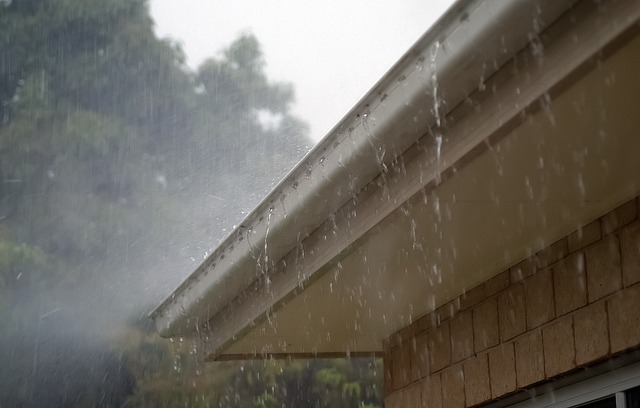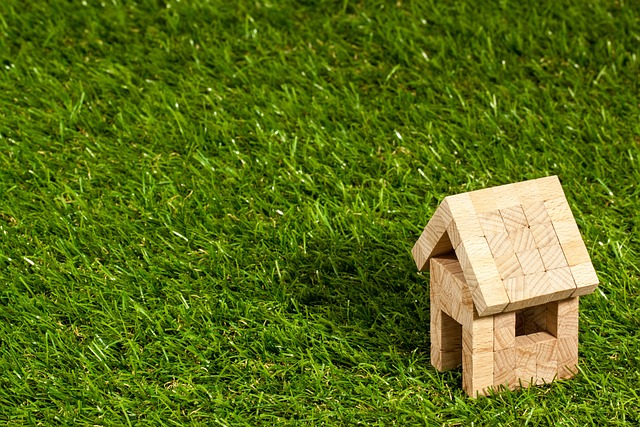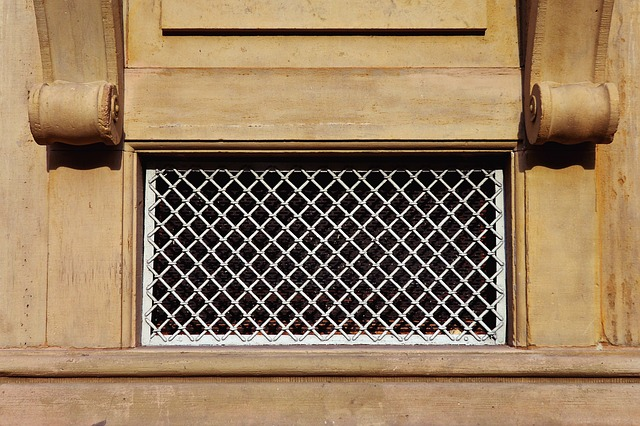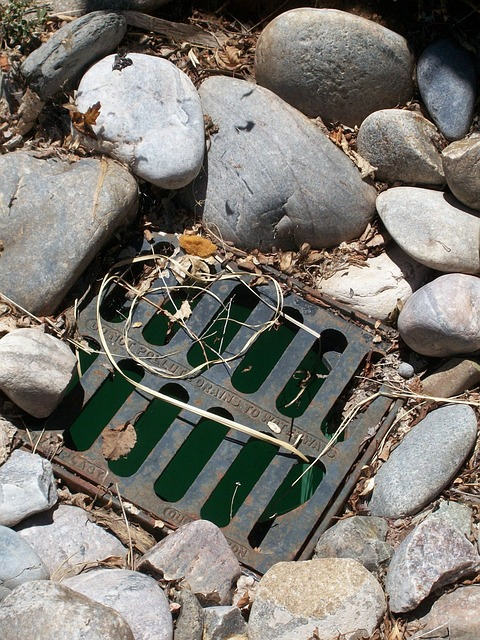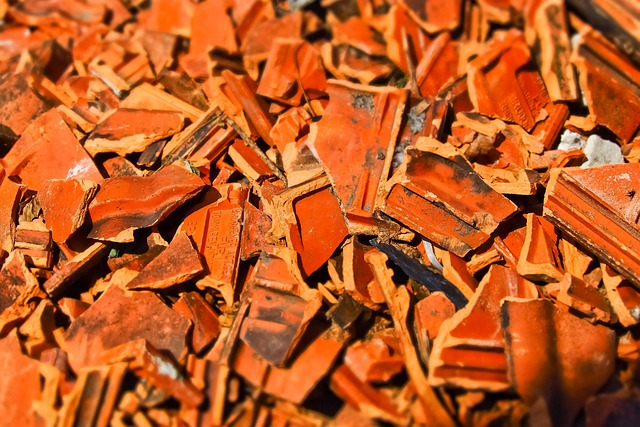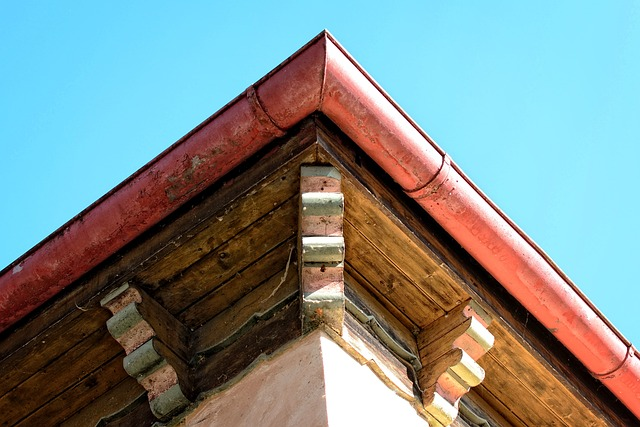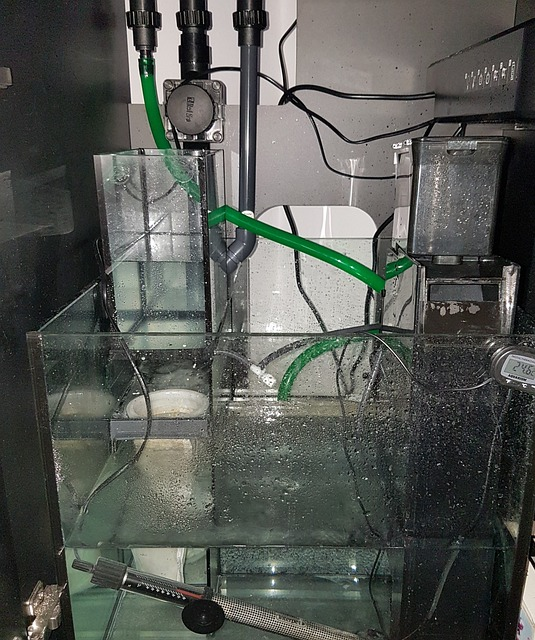As the rainy season approaches, homeowners often find themselves facing a multitude of concerns related to their property’s ability to withstand the elements. From leaks and flooding to structural damage, the impact of heavy rain can be significant. However, with the right approach to home improvement, you can prepare your home to weather the storm and even turn the rainy season into a time of comfort and coziness. In this comprehensive guide, we’ll explore various home improvement projects and strategies aimed at fortifying your home and enhancing your experience during the rainy season.
Roof Maintenance and Repair
The roof is your home’s first line of defense against rain, making it essential to ensure its integrity before the rainy season begins. Start by inspecting your roof for any signs of damage, such as missing shingles, cracks, or areas of wear and tear. Addressing these issues promptly can prevent leaks and water damage during heavy rainfall. Consider hiring a professional roofing contractor to perform a thorough inspection and make any necessary repairs.
Additionally, consider investing in roof coatings or sealants to provide an extra layer of protection against moisture infiltration. These products can help extend the lifespan of your roof and prevent leaks caused by deteriorating materials. Regular maintenance, such as cleaning out gutters and removing debris, is also crucial for ensuring proper drainage and preventing water buildup on your roof.
Waterproofing Basements and Foundations
Basements and foundations are particularly vulnerable to water damage, making waterproofing essential for homeowners in rainy climates. Start by inspecting your basement for signs of moisture, such as dampness, mold, or water stains. Address any cracks or gaps in your foundation walls or floors, as these can provide entry points for water.
Consider installing a sump pump or French drain system to help manage excess water and prevent basement flooding. Applying waterproof coatings or membranes to basement walls can also help create a barrier against moisture infiltration. Additionally, make sure your landscaping slopes away from your home’s foundation to prevent water from pooling around the perimeter.
Improving Drainage Systems
Proper drainage is critical for protecting your home from water damage during the rainy season. Start by inspecting your property’s drainage systems, including gutters, downspouts, and drainage ditches. Clean out gutters and downspouts regularly to prevent clogs and ensure that water can flow freely away from your home.
Consider installing gutter guards to prevent debris buildup and minimize the need for maintenance. Extend downspouts away from your home’s foundation to direct water away from the property. If you have areas of your yard that are prone to flooding, consider installing French drains or dry wells to help channel excess water away from vulnerable areas.
Enhancing Indoor Comfort and Safety
While protecting your home from water damage is essential, enhancing indoor comfort and safety during the rainy season is equally important. Consider investing in energy-efficient windows and doors to improve insulation and prevent drafts. Install weather stripping and caulking around windows and doors to seal any gaps and keep moisture out.
Invest in a dehumidifier to help control indoor humidity levels and prevent mold growth. Consider installing a whole-house ventilation system to improve air circulation and reduce condensation buildup. Additionally, make sure your home’s smoke detectors and carbon monoxide detectors are in good working condition, as rainy weather can increase the risk of fire and carbon monoxide hazards.
Inspect and Repair Your Roof
One of the most vulnerable parts of your home during the rainy season is the roof. Even small leaks can lead to significant damage over time. Start by inspecting your roof for any signs of damage, such as missing shingles, cracks, or holes. If you spot any issues, it’s crucial to address them promptly. Repairing your roof now can save you from costly repairs down the road.
Clean and Clear Gutters and Downspouts
Gutters and downspouts play a crucial role in directing rainwater away from your home’s foundation. However, if they are clogged with leaves, debris, or dirt, they can’t do their job effectively, leading to water pooling around your home. Make sure to clean out your gutters and downspouts regularly, especially before the rainy season begins. Consider installing gutter guards to help prevent debris buildup and make maintenance easier.
Seal Windows and Doors
Leaky windows and doors can allow rainwater to seep into your home, causing water damage and increasing your energy bills. Check the seals around your windows and doors for any cracks or gaps and replace them as needed. You can also apply weatherstripping or caulking to create a tight seal and prevent water infiltration.
Invest in a Sump Pump
If your home is prone to basement flooding, consider installing a sump pump. A sump pump can help remove excess water from your basement, preventing water damage and mold growth. Make sure your sump pump is in good working condition before the rainy season begins, and consider installing a battery backup system to ensure it continues to function during power outages.
Conclusion
Preparing your home for the rainy season requires proactive maintenance and strategic home improvement projects. By focusing on areas such as roof maintenance, waterproofing, drainage, and indoor comfort, you can fortify your home against the elements and enjoy greater peace of mind during rainy weather. Whether you tackle these projects yourself or enlist the help of professionals, investing in home improvement now can pay off in the form of a safer, more comfortable living environment for years to come.

